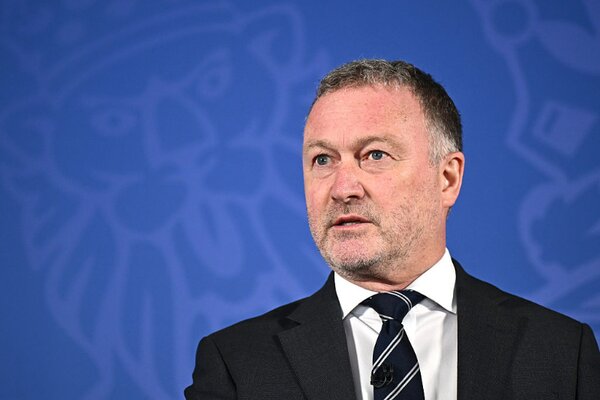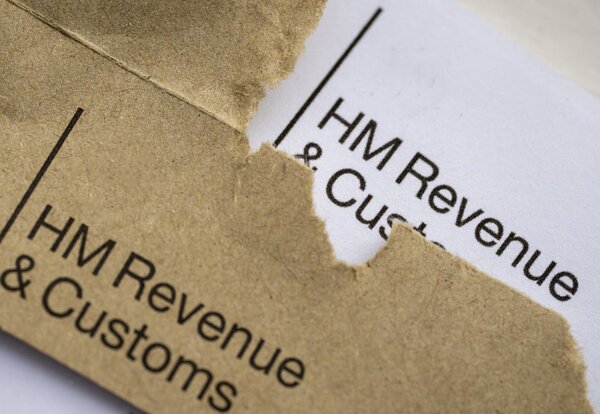Kemi Badenoch has pledged to abolish stamp duty if the Conservatives win the next general election, describing it as a “bad tax” that stifles social mobility and home ownership.
The Labour Government, meanwhile, is considering major reforms that could replace stamp duty with a national proportional property tax on higher-value homes.
The debate marks a growing political divide over how to make Britain’s housing market fairer and more affordable an issue that affects millions of homeowners, first-time buyers, and investors across the UK.
What Is Stamp Duty and Who Pays It?
Stamp Duty Land Tax (SDLT) is a property tax charged by HMRC when a person buys land or property over a certain threshold in England and Northern Ireland.
Buyers must pay stamp duty on residential purchases above £125,000, except for first-time buyers, who benefit from relief up to £300,000.
Rates rise progressively from 2% on homes between £125,000 and £250,000, to 12% for properties exceeding £1.5 million.
Scotland and Wales operate separate systems: Land and Buildings Transaction Tax (LBTT) and Land Transaction Tax (LTT) respectively.
Badenoch’s ‘Blueprint for Britain’
Announcing her policy at the Manchester Convention Centre, Conservative leader Kemi Badenoch promised to scrap stamp duty entirely as part of her party’s “Blueprint for Britain”.
She argued that the measure would help “millions achieve the dream of home ownership,” particularly younger families and first-time buyers priced out of the market.
“We must free up our housing market,” Badenoch said. “A society where no one can afford to buy or move is a society where social mobility is dead.”
According to the Institute for Fiscal Studies (IFS), abolishing stamp duty on primary residences could cost around £4.5 billion annually, while Conservative estimates place the figure closer to £9 billion by the end of the decade.
How the Conservatives Plan to Pay for It
The Conservative Party claims the policy would be funded through a £47 billion savings package.
This includes:
- £23bn in welfare cuts
- £8bn from reducing civil service numbers to 2016 levels
- £7bn from slashing foreign aid
- £3.5bn from ending hotel accommodation for asylum seekers
- £4bn from restricting benefits and housing access for non-UK nationals
Critics, however, warn that the savings plan could lead to public service cuts and harm vulnerable groups.
Labour’s Counterproposal: Property Tax Reform
In contrast, Chancellor Rachel Reeves has reportedly been exploring an overhaul of property taxation, including replacing stamp duty with a “national proportional levy” on home sales above £500,000.
Supporters argue this would modernise the tax system and ensure wealthier homeowners contribute more fairly.
However, opponents particularly in London and the South East have called it a “tax on ordinary families”, warning it could depress housing transactions and hurt the market.
The Treasury has not confirmed whether the proposal will feature in the November Budget, though speculation remains high amid wider fiscal reform discussions.
Labour’s Housing Market Reforms
Separately, Labour unveiled plans to speed up property transactions by requiring sellers and estate agents to provide key information upfront such as leasehold details, property condition reports, and chain dependencies.
The reforms aim to cut the average house-buying process by four weeks and reduce last-minute collapses.
Binding contracts could also be introduced to discourage buyers and sellers from withdrawing after lengthy negotiations, a move welcomed by conveyancers but questioned by some estate agents.
Reform Party and Scottish Reactions
The Reform Party has also joined the debate, proposing to:
- Scrap stamp duty on homes under £750,000
- Cut it to 2% for properties between £750,000 and £1.5 million
- Reduce it to 4% above that threshold
Meanwhile, Scottish Conservative housing spokesperson Meghan Gallacher urged the SNP Government to follow suit in Scotland, saying:
“This is a policy for the aspirational, and the SNP should enact it as soon as possible.”
What It Means for Buyers and the Market
The conflicting policies from major parties create significant uncertainty for prospective homeowners and property investors ahead of the next general election.
Experts warn that policy shifts could impact house prices, mortgage demand, and investment decisions, particularly in London and high-value regions.
With Labour’s potential overhaul and Conservative abolition plans on the table, the Autumn Budget will likely be pivotal in shaping the future of UK property taxation.
Through the Pie app, homeowners, landlords, and investors can track real-time updates on stamp duty, property taxes, and Budget announcements.
Pie’s tax calculator automatically adjusts for proposed reforms, allowing users to estimate future liabilities or savings depending on which policies take effect.
Stay informed from HMRC updates to Budget 2025 all in one place.











